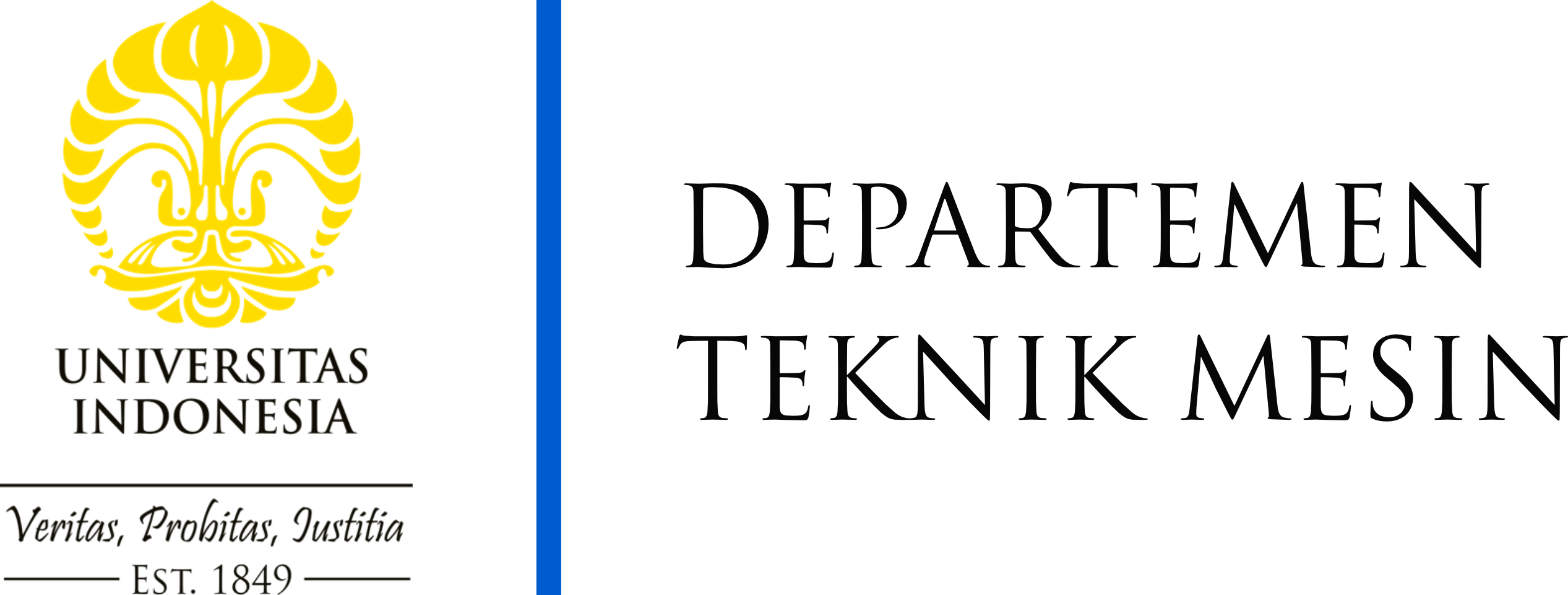naryo@eng.ui.ac.id
1982 – Mechanical Engineering, Universitas Indonesia
1989 – Shipping and Marine Technology, Strathclyde University, Scotland, UK
1993 – Shipping and Marine Technology, Strathclyde University, Scotland, UK

Indonesia’s shipping industry must be the nation’s backbone and be the world’s leader in shipping technology. Indonesian waters must be free from accidents and environmental pollution.
Prof. Sunaryo’s primary expertise is shipping production, particularly in the ship production industry and shipyard management. Moreover, he has conducted various studies about ship safety and the maritime environment, including implementing an environmentally-friendly ship (green ship recycling).
Sea transportation is instrumental in connecting the islands of Indonesia, which is regarded as the world’s largest archipelagic country. Sea transportation serves as a means of transport connecting Indonesia’s islands and to unify the nation. Therefore, the national ship building industry must produce a quality, world-class ship efficiently to guarantee the availability of ships for sea transportation and other purposes.
Ship recycling is part of a series of rejuvenating activities of a ship deemed uneconomic to be operated again. The old ship’s body is cut down, its steel is restored, and other components such as engines, ship equipment, and decorations can be resold. This study was conducted with partners from Strathclyde University, Glasglow, Scotland. Although ship recycling is beneficial to economy, there are safety rules and obligations that must be satisfied. A ship’s cut down body can be sold in international market, adding the country’s foreign exchange, but it should safely be implemented and environmentally friendly.
Supporting an increase in water safety, the FTUI Shipping Engineering team has also created an ASV (Autonomous Surface Vehicle), a water surface drone designed to support security and water safety activities. People can take advantage of this technology to analyze a water transportation-based accident before any rescuing measures are taken. The team has also fostered some innovations to ensure the safety of crossing vessels so that the accident rate can be minimized.
Universitas Indonesia proudly has three teams regularly participating in and excelling international competitions. They are the Autonomous Marine Vehicle (AMV) Team; the Solar Boat Team (SBT), which builds a vessel designed to use solar energy; and the UI Hydros team, which designs an innovative energy-efficient ship for underwater monitoring that can be employed in the cases of a plane crash, or offshore building inspection. They also build an ROV (Remotely-Operated Vehicle) capable of taking underwater pictures, videos and detecting any shape up to 100 meters below the water surface. In collaboration with Basarnas (National Search and Rescue Agency) in doing the research, the team has produced a rescue vessel that can monitor and see the real-time condition of an accident.
